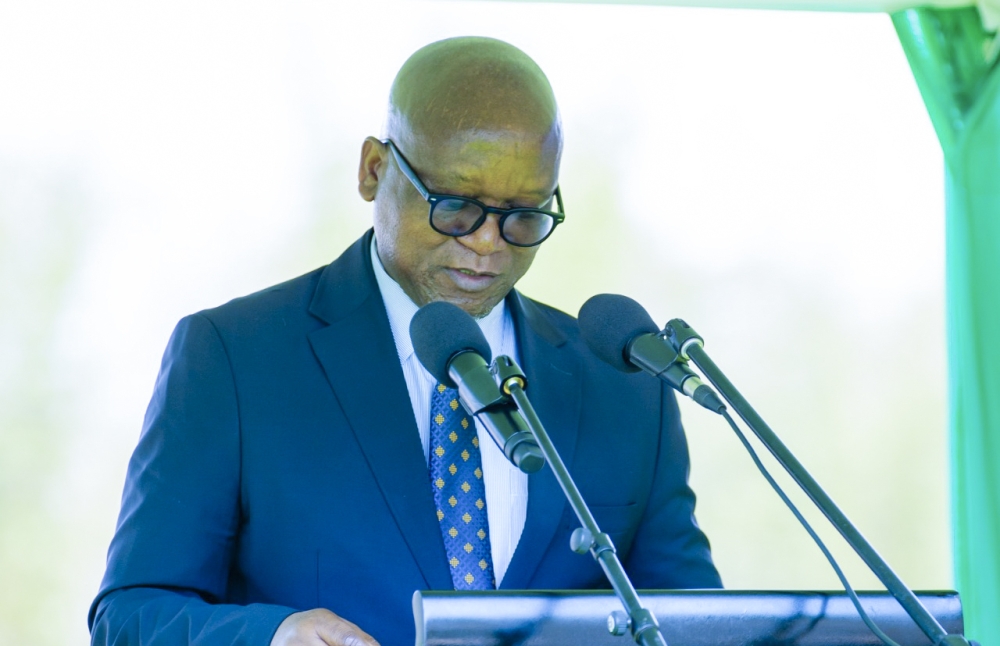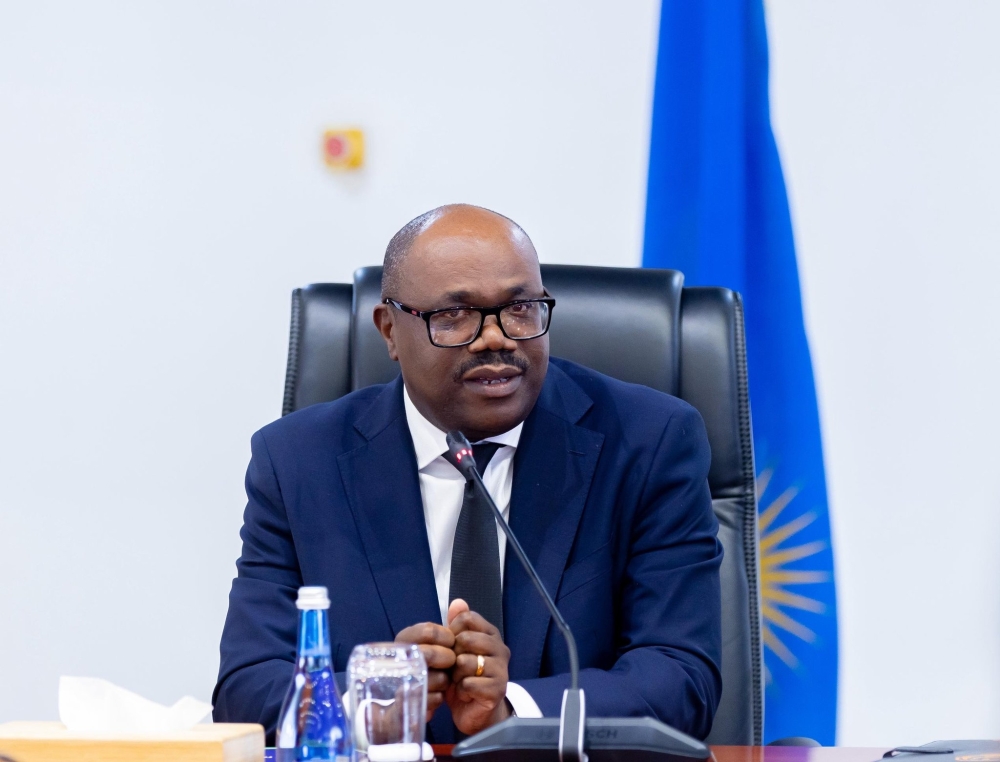The New Times and Rwanda in general today cautiously celebrate the agreement between the government of Rwanda and neighbouring Democratic Republic of Congo in coordinating their fight against Interahamwe/FDLR forces in the east of that country, near the Gisenyi frontier.

The D.R. Congo should deliver on FDLR this time round
The New Times and Rwanda in general today cautiously celebrate the agreement between the government of Rwanda and neighbouring Democratic Republic of Congo in coordinating their fight against Interahamwe/FDLR forces in the east of that country, near the Gisenyi frontier.
As a deal between two national governments, the accords are a milestone in the recent history of the region. For the first time in a long time, there is hesitant reason to believe that things may soon be seriously getting better.
A strong, united, and well-governed DR Congo is of sincere and serious interest to Rwanda. A weak Congo will only make the region and continent as a whole weaker. The accords signed recently in Nairobi are said to ‘go a long way’ towards the future security of both countries.
Yet still we are hesitant. Why? Because past history with the Democratic Republic of Congo has been a history of inaction, inefficiency and inconsistency. We all hope that the Nairobi Accords are the changing point, but who says it certainly is?
Rwanda must always seek the best and prepare for the worst. This should include oversight committees or specialised coordination with the United Nations Mission in the Congo (MONUC) to ensure that Congolese authorities do in fact wholly disarm FDLR members—a group finally designated by the Congo as a ‘genocide group.’
Further, what steps will be put in place if the former fail in their attempts? As the Congo prepares its mission draft to deliver to Kigali by December 1, all of these issues must be taken into account. Further, when preparing for the worst, Rwanda itself should be drawing up its own contingency plan. FDLR members have already rejected and discarded the joint plan, saying that the national government could do what they wanted, but separate parties may not adhere to said decisions.
If this is still the mindset of killers running free, then Rwanda must not celebrate potential tranquility too early. Raise our glasses in a toast to landmark politics in Nairobi, and then raise the pens and get back to strategy.
Ends




